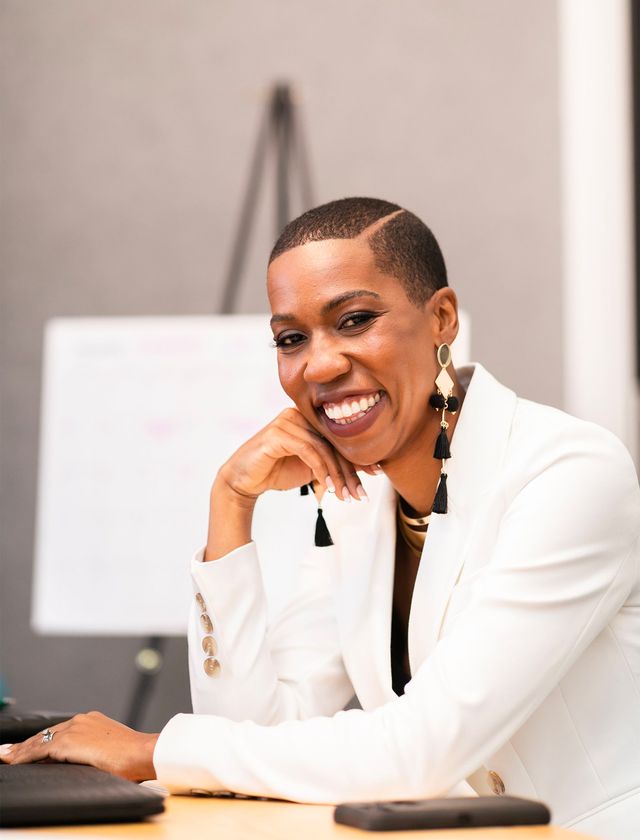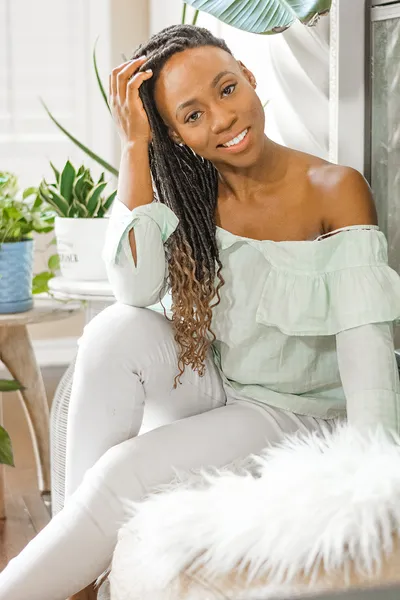
Episode 131: How To Generate More Income In Your Business with Corporate Clients with Liz J. Simpson
Podcast
Podcast: Play in new window | Download
In today’s episode, we meet Liz J. Simpson, founder of the Big Money Movement, an executive coach that empowers women experts and entrepreneurs to land higher-paying corporate clients.
Liz is passionate about shattering the revenue disparity facing women and helping them secure larger deals for their business.
If you’re wondering how to start working with corporate clients that pay big money, listen up. During our conversation, we talk about creating proximity to your ideal buyer, having consistent revenue streams, finding your niche in the marketplace, why selling is a key component to running a business, and how to create traction and overflow in our business.
Listen on Apple Podcast
You’ll learn:
- How to shatter the revenue disparity rate for women
- Four phases of the Big Money Movement transformation
- The biggest hindrance to female founders moving from single to corporate clients
- How to create proximity to your ideal buyer
- Tools, processes, and systems to build your professional clientele
Mentioned in this episode:
Instagram: @lizjsimpson
LinkedIn: https://www.linkedin.com/in/lizjsimpson/
Ready to Launch Your Business?
Join Our Membership Community
The She’s Off Script podcast has a membership community to help you launch and grow your business with resources, coaching, and collaboration with other founders. Join our Boss Off Script community today by going to serwaaadjeipelle.com/community

